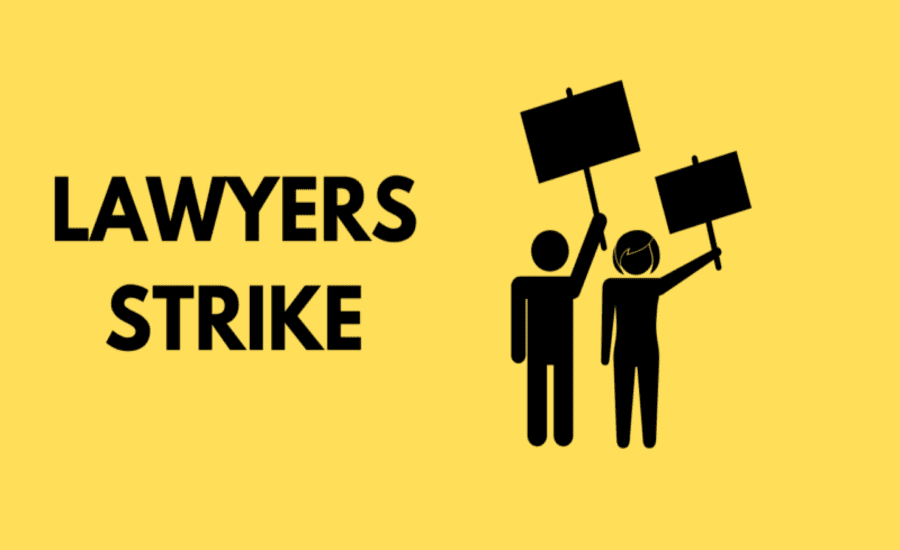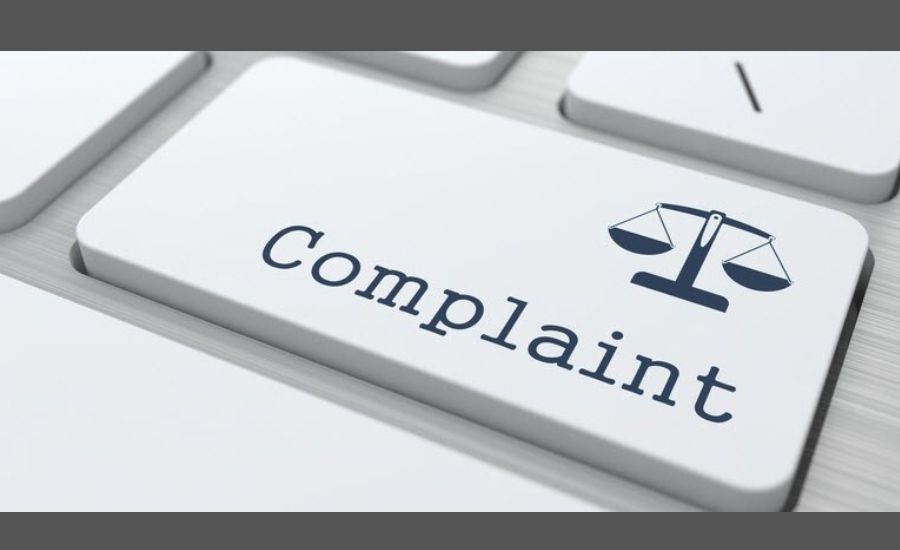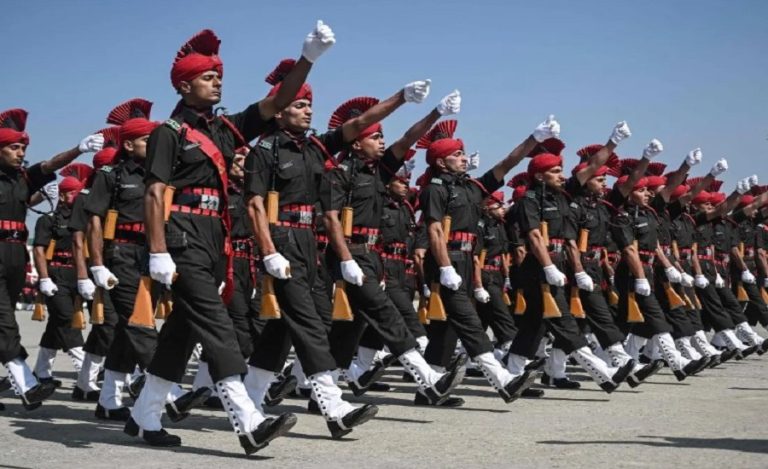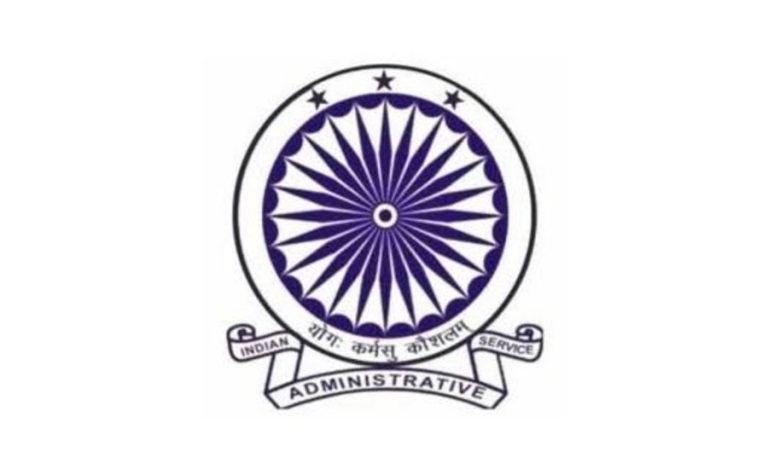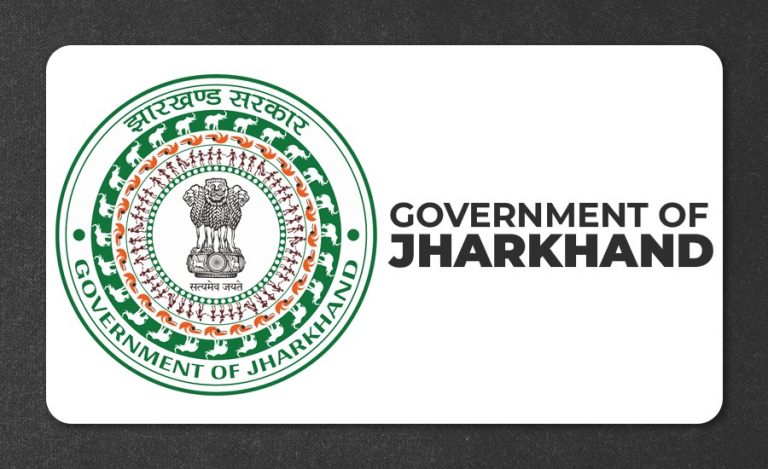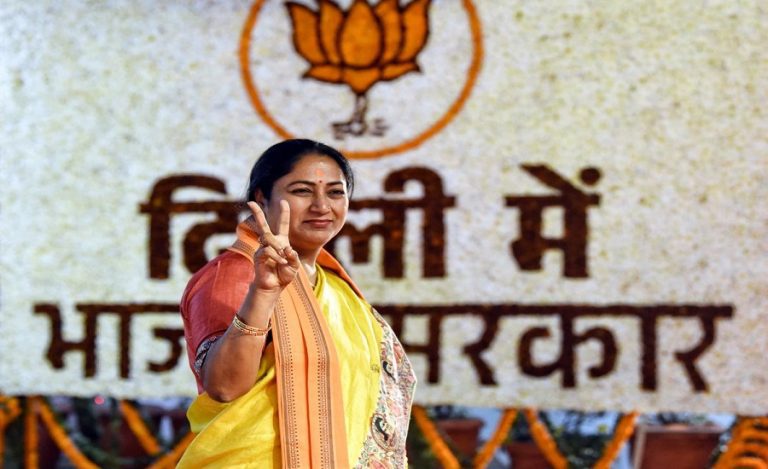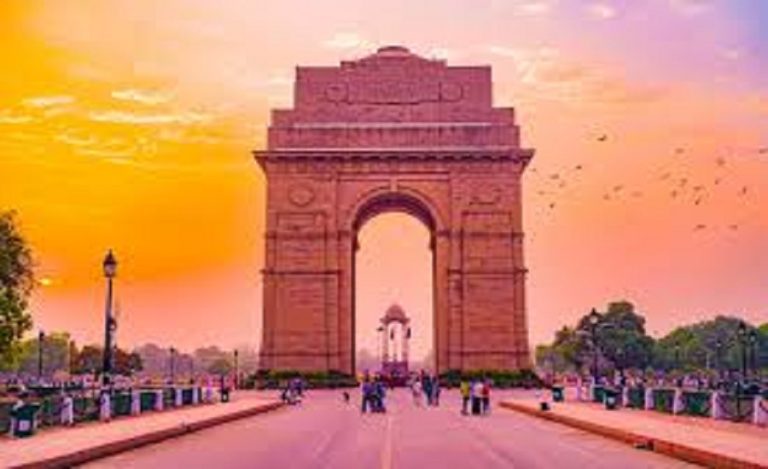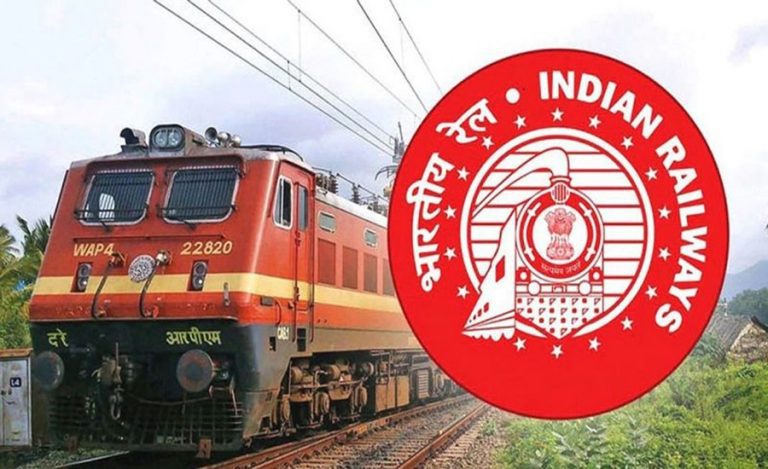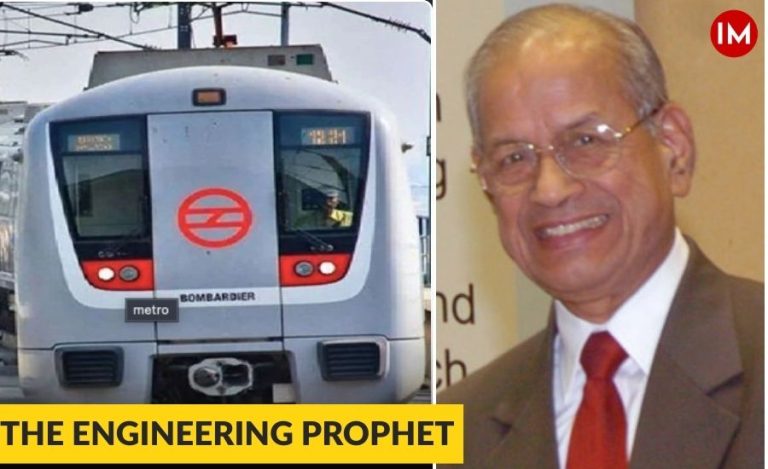New Delhi: In a dramatic assertion of the bar’s solidarity, the collective of district court bar associations in Delhi has announced a complete strike on 6 November 2025. The arrest of Advocate Vikram Singh by the Gurugram Special Task Force (STF) in a murder case — which lawyers say amounts to a false implication and a dangerous precedent for the legal profession’s independence.
Background of the Delhi All District Court strike
The legal community in Delhi has been jolted by the recent actions of the Gurugram STF which arrested Advocate Vikram Singh while he was apparently acting in the capacity of defence counsel for a co-accused.
The bar associations view this as a punitive measure for merely performing his professional duty.
On 4 November 2025, the Delhi High Court Bar Association (DHCBA) issued a resolution calling the arrest a “gross misuse of power” and an “attack on the independence of the legal profession”. The advocate in question is registered with membership D/3239/2019.
Who is Advocate Vikram Singh?
Advocate Vikram Singh is a practising member of the Delhi bar (membership D/3239/2019) who, according to the bar associations, was representing a co-accused in a murder case when the Gurugram STF stepped in and arrested him. The exact charges and details of the case are under scrutiny by the legal community.
The bar associations argue that his arrest was not for any professional misconduct but simply for doing his duty in representing his client—an action they say is being criminalised. This is why the strike has been called.
What Prompted the Delhi All District Court Strike?
The strike call is targeted at the district courts of Delhi in response to what is described as “direct and deliberate attack” on lawyers’ ability to practice freely. The coordination committee of all district court bar associations issued a circular stating the action is aimed at silencing lawyers and deterring them from representing clients without fear.
Key demands of the lawyers:
→ Immediate withdrawal of the charges against Advocate Vikram Singh.
→ Assurance that no lawyer will be subjected to harassment or false implication in future for merely performing their professional duties.
→ Respect for the independence of the legal profession, and adherence to the rule of law.
The Wider Significance of Delhi All District Court strike
This episode has raised larger questions about the independence of the bar and whether lawyers are being placed under pressure from investigative agencies when representing clients. The strike underscores concerns that the core principle of legal representation — that every accused has the right to a lawyer who can act without fear — is under threat.
Legal professionals argue that arresting an advocate for representing a client sends a chilling message: that legal defenders might face repercussions simply for taking up certain clients or cases. If unchecked, this could undermine fair trial rights.
What Happens Next?
All district courts in Delhi are expected to remain non-functional on 6 November 2025 as senior and junior advocates participate in the strike. Court work such as hearings, filings and other proceedings will likely be impacted.
The Gurugram STF and state authorities now face growing public and professional scrutiny. Will they respond to the bar’s demands? Will charges be re-examined? The legal fraternity will keep a close watch.
Why It Matters to the Public
- A functioning justice system depends on lawyers who are free to represent clients without threat or coercion. Officials targeting lawyers hamper access to justice for all.
- If lawyers fear arrest for representing clients, vulnerable accused may be left without proper representation.
- The strike affects court processes, litigants, clients, witnesses and other stakeholders may face delays or adjournments because of the strike.
- It raises a critical question that are investigative agencies respecting the professional rights of legal practitioners?

